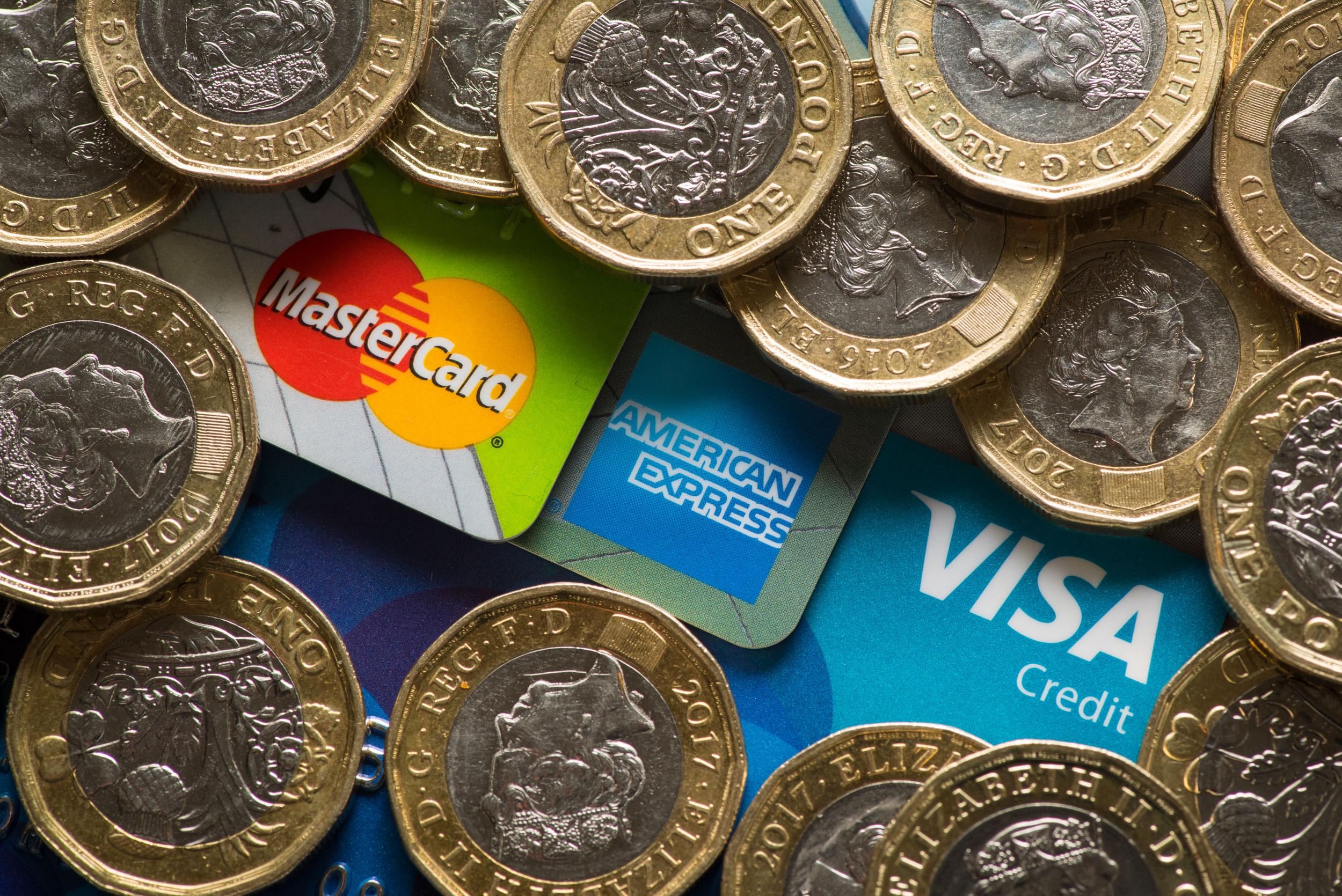Why Direct Line is right to warn on £69bn debt Britons are hiding from partners
The insurer's research again demonstrates the need for more financial education as personal debt levels continue to climb

When someone says “I’m not racist but…” they usually are.
But, if research by insurer Direct Line is to believed, nearly a third of Britons are more likely to dispense with such shorthand and openly discuss their prejudices with their partners than they are to talk about the debts they might have.
Perhaps that line should read: “I’m not a mad spendthrift who’s just tapped up a payday lender so I can go down to Ladbrokes to put £100 on England but…”
Polls are ten a penny in financial PR land, but that's far from the only startling finding unearthed by this one. Another is that people are hiding a staggering £69.6bn of debt from their other halves, with the average concealed liability standing at just under £8,300.
To put the former figure in context, it is just a shade below the UK’s total credit card borrowings of £71.1bn.
Every now and again people raise alarm about the levels of unsecured debt Britons are saddled with - all the more so given how the numbers have been rising in the wake of the squeeze in real incomes.
But beyond regulators occasionally telling lenders to cool it, little has been done to address an issue that could inflict a painful bite on the UK economy, and an awfully large number of those living and working in it.
Of course, Direct Line has an interest in trying to encourage people to talk about their finances. It would like them to buy more of its financial products, some of which, such as life insurance, can be tough to sell, particularly if people refuse to discuss money matters.
But that doesn’t alter the value of the research it has conducted, and the need to start a conversation about what it has unearthed.
The consequences of so much pain being kept under wraps go beyond an insurer finding it challenging to shift certain types of policy. Hidden debt on the scale suggested by the survey means that a large number of people won’t be aware of the scale of the problems they face until they get bitten, perhaps through the death of a loved one with a nasty on their credit card statement.
When it comes to solving the issue, more financial education, whether through the school system or via other means, would be a good place to start.
According to the representative sample of 2,000 interviewed for the insurer by researcher Opinium, it’s not just prejudices people would discuss in preference to financial matters.
They also cited their political beliefs, medical histories, religious views, even their prior relationships.
They used to say “no sex please, we’re British” (the phrase comes from a play that was critically panned). The poll, and shows like Love Island, rather prove that no longer holds true. Prudishness over pounds, shillings and pence suggest that these days it should be "no finance please, we’re British”.
Join our commenting forum
Join thought-provoking conversations, follow other Independent readers and see their replies
Comments
Bookmark popover
Removed from bookmarks